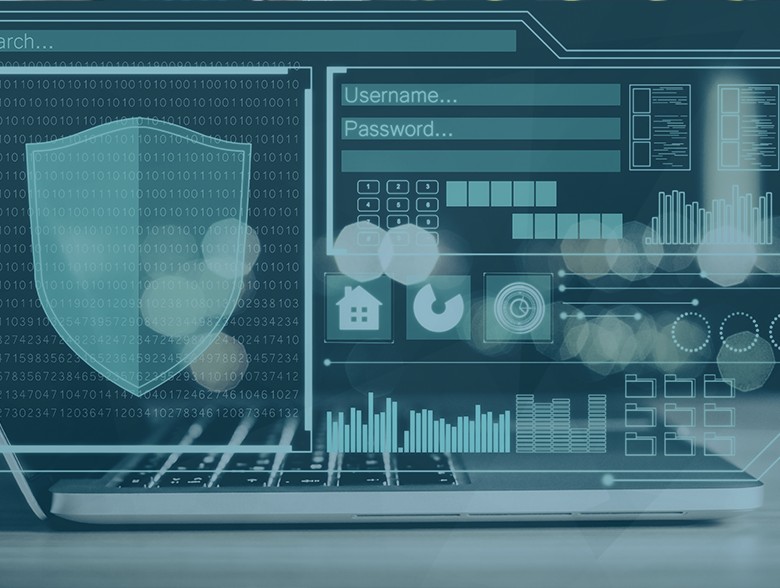Security strategies play a crucial role in the success and survival of any business. Whether it’s physical security or cybersecurity, businesses cannot thrive without maintaining a secure working environment and protecting sensitive information and data. Lax security measures can sabotage profitability, customer relations, and potential expansion.
With the digital revolution, businesses have benefited greatly from technological advancements, but they have also become vulnerable to a new generation of security challenges. Scams, viruses, and hackers are constantly attacking business operations, making online security a top priority. To counter these threats, security data analysis has emerged as an effective tool for evaluating and verifying the effectiveness of security protocols.
The integration of physical and cybersecurity strategies poses new control challenges for businesses. From building security cameras to sensitive data storage, integrated security methods can greatly benefit from data analysis evaluation. Many companies hire data analysts to identify anomalies and vulnerabilities in their security processes. These analysts then help implement security protocols to address these challenges. However, with technology constantly evolving, companies need to continuously assess the effectiveness of their security processes.
There are several methods for evaluating the effectiveness of security controls through data analysis. One important tool is incident tracking and analysis. By analyzing incidents and their response times and outcomes, businesses can identify vulnerabilities and patterns. This analysis can lead to the development of more effective strategies for the future.
Security audits against company servers at regular intervals also play a vital role in measuring the effectiveness of security controls. These audits simulate cyberattacks to identify weaknesses in software and servers. By identifying and eliminating potential entry points, businesses can better protect their data from hackers and malware threats.
Another aspect to consider is entitlements and permissions. Many businesses grant access to various types of information through their websites, both to clients and employees. These entitlements and permissions can become potential security risks if violated. Businesses need to regularly verify and evaluate these permissions to protect their systems and data from hacking attempts.
Employee training and risk assessments are also important factors in ensuring security. Employees are often the weakest link in an organization and can be targeted by hackers. With proper training, employees can become a line of defense and contribute to increasing company security. Risk assessments can help identify employees who are more prone to incidents, allowing for targeted training on security risks and protocols. Guidelines for security protocols should be provided to all team members, instructing them on how to handle suspicious emails and links.
The effectiveness of security protocols is vital to the success and expansion of businesses. By measuring their effectiveness, management can identify vulnerabilities and anomalies in security risk management and take corrective actions. This not only increases customer satisfaction but also builds trust with clients who prefer to work with companies that prioritize data security.
Security procedures should be constantly overseen, re-evaluated, and updated as a proactive method of maintaining company safety. This is especially important for small businesses as they are often targeted due to their lower investment in IT security. All businesses, regardless of size, must invest in cybersecurity and regularly assess its effectiveness to ensure both survival and success in today’s digitally-driven world.
About the Author:
Howie Robleza is a freelance writer with a keen interest in tech, legal, and property trends. Apart from writing, Howie also works in commercial property management.
Howie can be reached at www.avigilon.com.


